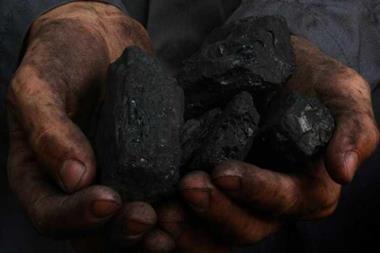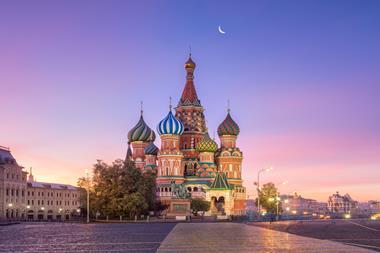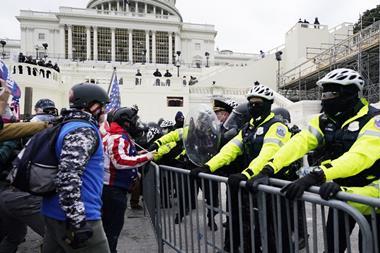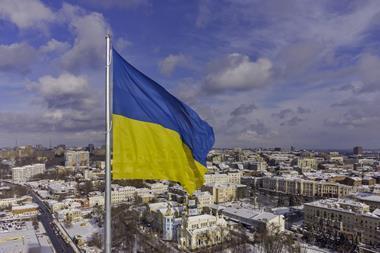Global security is threatened by shortages of grain and fertiliser, warn experts from KCS Group Europe
Western governments must do more about the threats to global security of failing to do more to help African nations and to counter Russian influence on the continent. This is according to global security intelligence firm KCS.
The warning echoes a theme in a recent interview in the Spectator by Peter Francopan, Professor of Global History at Oxford, in which he said that 85% of the world’s population live outside the West and cautioned against complacency in assuming support for its actions.
In a recent article for StrategicRISK, KCS CEO Stuart Poole-Robb cited the example of the Black Sea Grain Deal and how little of the shipments reached the African continent, where both food and fertiliser supplies are critical to the survival of populations.
36% of the grain shipped was bought by Western nations, although there was no shortage of grain in Europe.
Stuart Poole-Robb says: “Whether by accident or design, rather than reaching developing countries, African food and fertiliser imports from Ukraine have slumped by 75% from 2021 levels. Europe is now the primary importer of food supplies from Ukraine, with Africa being either outbid or left aside.
“In a typical year, Ukraine produces enough wheat and grain to feed four hundred million people – which, for nations such as Somalia, Kenya, and Egypt, is a literal matter of life and death.”
Russia’s African influence
In addition, over a period of twenty years or more, Russia has developed significant networks across a number of African nations, through infrastructure, construction and mining projects.
Poole-Robb says: “On other occasions Russian involvement is far more direct: arms sales to continental militaries that account for almost 50% of African arms imports, sales of surveillance equipment and offers of technical assistance.”
In his State of the Nation speech on 21st February 2023, President Putin claimed that the West had spent some $160 billion defending Ukraine and a mere $60 billion on alleviating poverty.
Poole-Robb says: “For its part, the EU may be using food security to manipulate Africa in its own way. Support for Ukraine is muted among African governments, with most remaining avowedly neutral in the international arena or offering quiet support for Putin’s actions.
“The lessons are clear. The West has ignored Africa on a fundamental level for far too long, leaving many of its nations to be squarely corralled into either the Russian or Chinese camps of influence, and is only stirred to action when the plight of the Gulf of Guinea and the Horn of Africa intrudes on European concerns.
“More needs to be done by governments and businesses to engage with African infrastructure, development and opportunity, from food security upwards.”




















No comments yet